
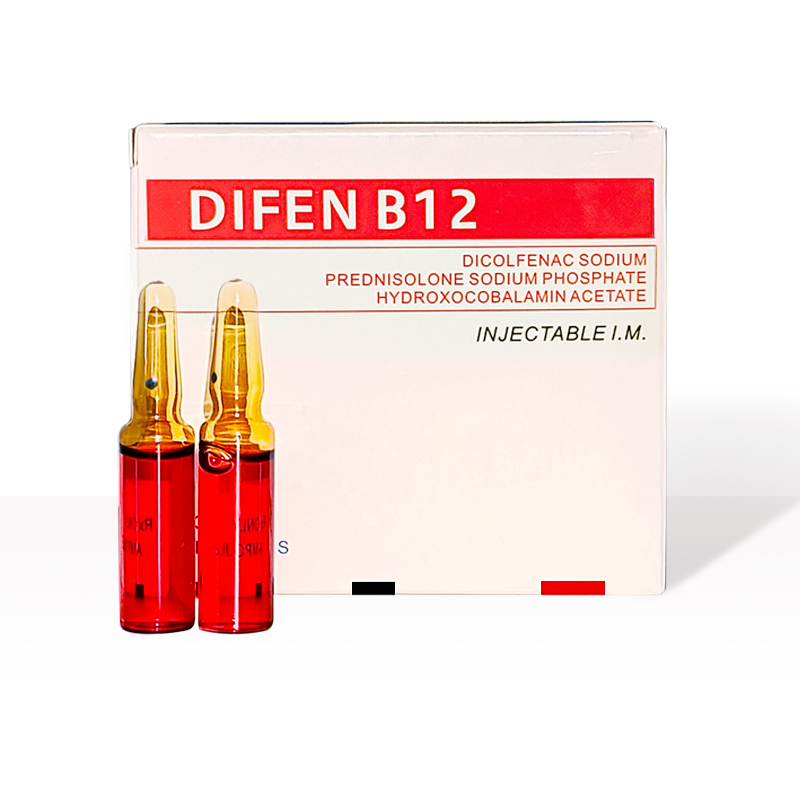
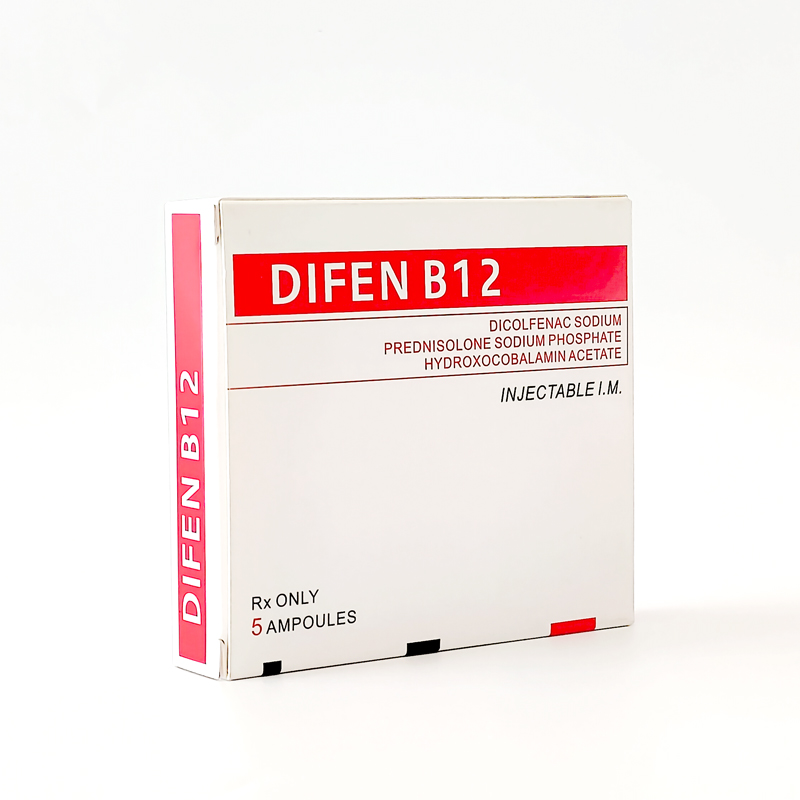

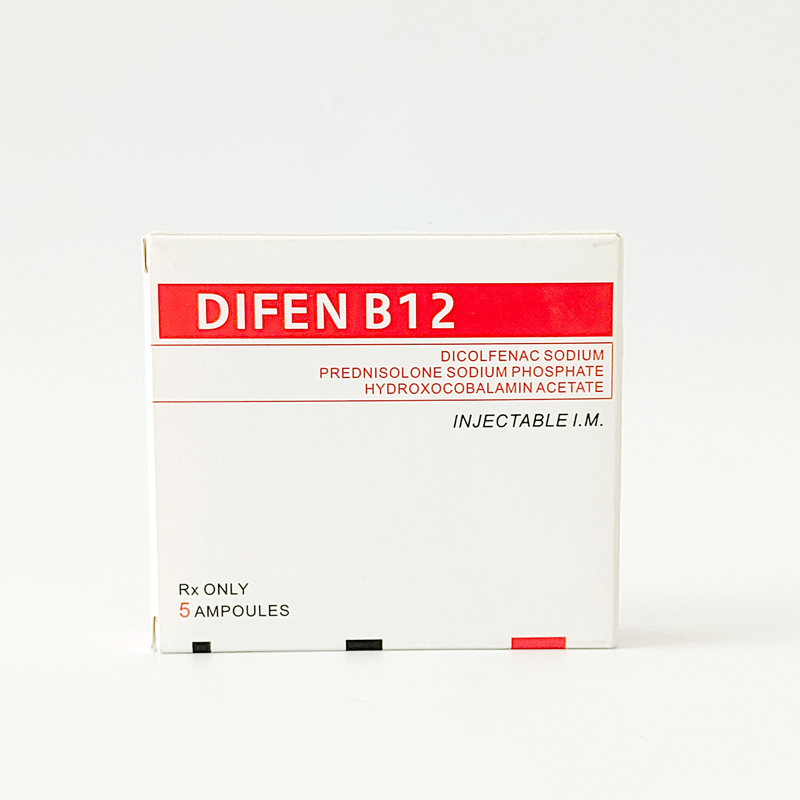
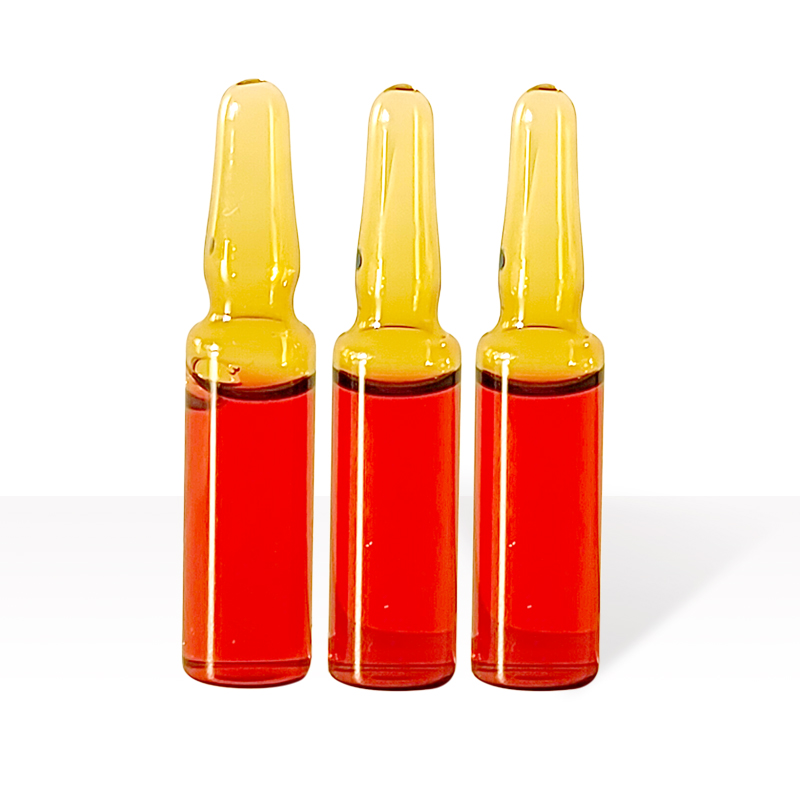
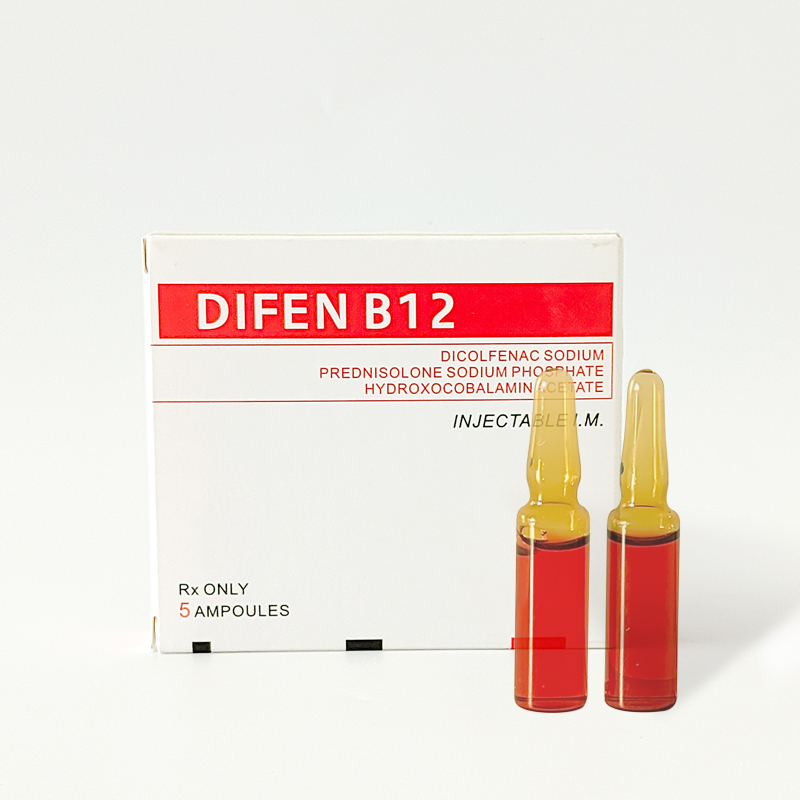
Vitamin B12 injection, commonly available as cyanocobalamin, plays a crucial role in various metabolic processes. It acts as a cofactor for two vital enzymes: methylmalonyl-CoA mutase and methionine synthase. These enzymes are essential for DNA synthesis, red blood cell formation, and nerve function. Vitamin B12 also helps convert methylmalonic acid into succinic acid, which is important for the proper functioning of the nervous system. When administered via injection, vitamin B12 is rapidly absorbed into the bloodstream and distributed throughout the body, with a significant portion stored in the liver.
Vitamin B12 injection is primarily used for:
The dosage of Vitamin B12 injection varies based on the condition being treated:
Vitamin B12 injection should be stored in a cool, dry place, protected from light. It is essential to keep the vials tightly closed to prevent contamination. The product should be stored at room temperature (15°C to 30°C or 59°F to 86°F) and kept out of reach of children.


 2006-2025 上海博華國際展覽有限公司版權(quán)所有(保留一切權(quán)利)
滬ICP備05034851號-57
2006-2025 上海博華國際展覽有限公司版權(quán)所有(保留一切權(quán)利)
滬ICP備05034851號-57